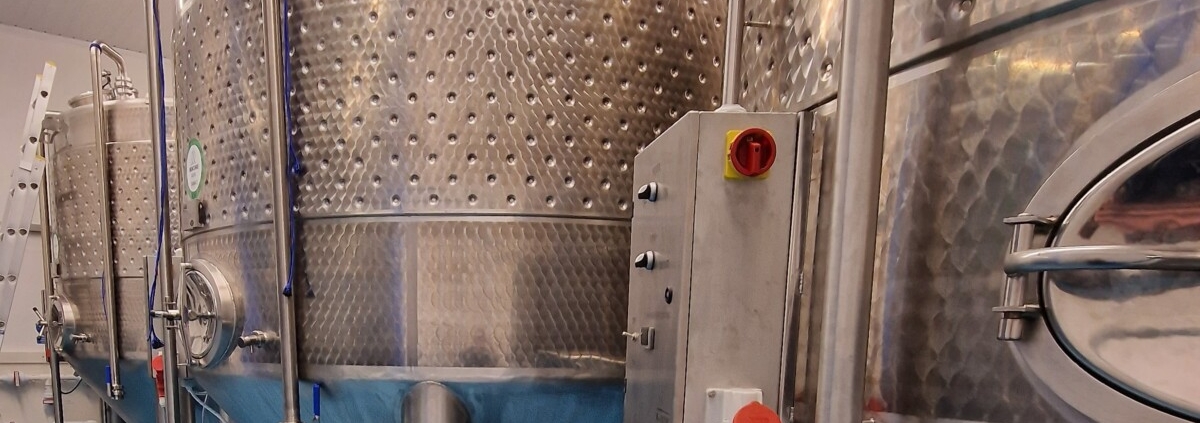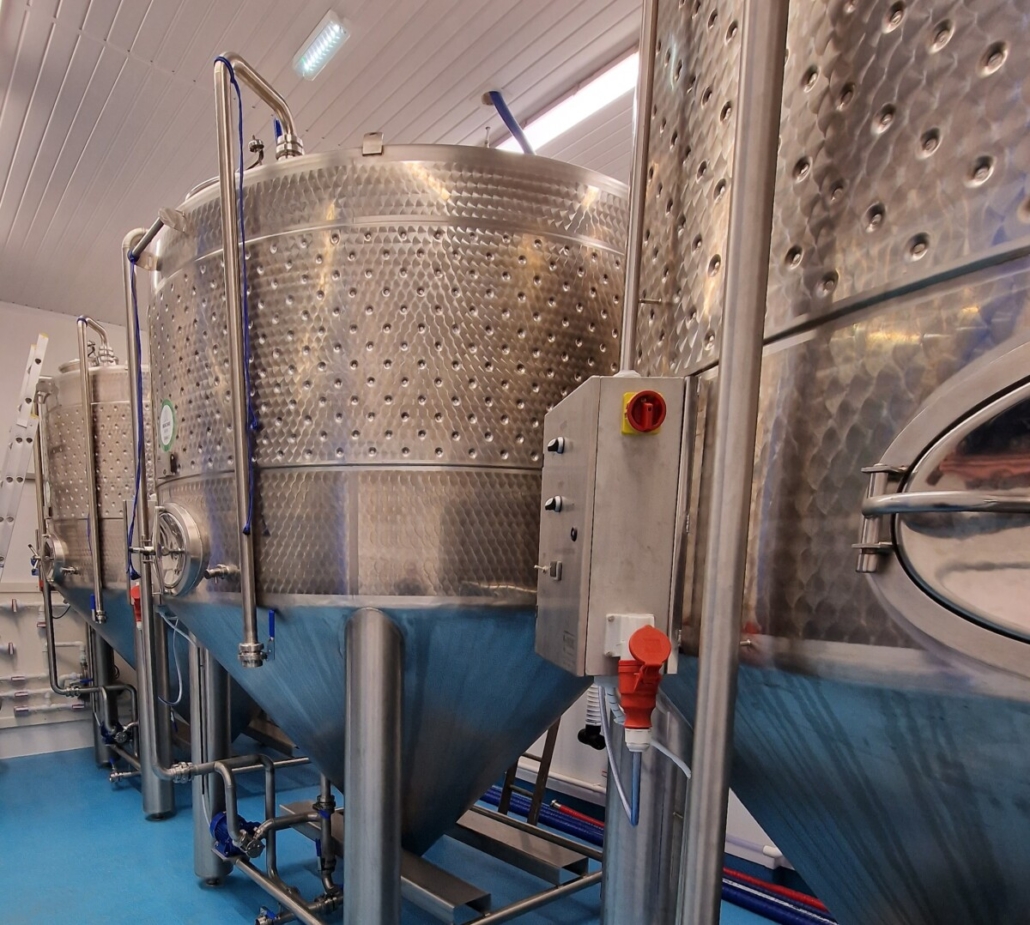Why Are Biological Companies Struggling for Investment
Why Are Biological Companies Struggling for Investment: In recent years, the agricultural biologicals sector has witnessed significant growth. The global market was estimated at $16.7 billion in 2024 and is projected to reach $31.8 billion by 2029. This surge underscores the increasing demand for sustainable agricultural solutions.
However, early-stage startups, particularly those in pre-seed and seed stages, face substantial challenges in securing investment. While more established companies like Switch Bioworks, Elicit Plant, Solasta, Agospheres, Biotalys, Micropep, Catalera, Botanical Solution, and BioConsortia successfully obtained funding in 2024, emerging enterprises often struggle to attract similar attention. This disparity is partly due to investors’ heightened expectations and a preference for ventures with proven technologies or those nearing revenue generation.

Why Are Biological Companies Struggling for Investment
Current Investment Trends in Agricultural Biologicals
Geographically, Europe-focused venture capitalists (VCs) are leading the way in funding biological companies. Looking ahead to 2025, there is cautious optimism that U.S. investors will increase their participation, particularly as interest rates decline. However, uncertainties related to tariffs, the farm economy, and government agency (EPA) budgets persist, which could impact investment decisions.
The investment landscape has changed significantly. The willingness to fund biological companies at the high levels seen 3-5 years ago has diminished. Investors today possess more profound industry knowledge, making them more selective. They are increasingly drawn to companies with well-defined business models, clear paths to market impact, and solid financial planning.
The Challenges of Building a Successful Biologicals Business
Succeeding in the biological sector demands patience, effort, and strategic focus. Investors often have unrealistic expectations regarding market development, leading to an oversaturated and unsustainable market. Moving forward, I hope to see more realism in investor sentiment, which will benefit the entire industry by fostering sustainable growth and innovation.
Additionally, recent failures in agri-biological investments have made investors more cautious. To attract funding, companies must demonstrate:
- Quality-driven research & development
- Efficient spending and cost management
- Clear and executable go-to-market strategies
Companies that meet these expectations will have a higher chance of securing funding, thereby improving the overall quality of investments in the sector.
Regulatory Barriers and Their Impact on Investment
My experience raising investment for Bionema has reinforced one of the most critical issues in this sector: the lengthy and costly regulatory approval process for biopesticides. While venture capital investors are interested in biological solutions, many are deterred by the extended timelines required to bring products to market. Unlike conventional agrochemicals, biopesticides require approximately £5-8 million per product for global registration, which is manageable for companies like Bionema. Still, the real challenge is the time needed for regulatory approval. This process often delays market entry by 5-7 years in the EU, 2-3 years in NA and 12 months in Brazil after biopesticides regulatory reform, making it difficult for investors to commit to early-stage funding.
Instead of investing in Series A or Series B rounds, I have observed greater interest from agrochemical multinationals in acquiring or licensing biological technologies. While this demonstrates the commercial viability of biologicals, it also signals a reluctance among large corporations to invest in the sector’s long-term growth. If the biological industry is to thrive and compete with synthetic chemicals, substantial investment will be required to accelerate development and commercialisation.
Moreover, biopesticide regulations must be harmonised globally to streamline approvals and reduce market entry barriers. The fragmented regulatory environment forces companies to undergo separate and costly registration processes in different regions, further discouraging investment. Unless regulatory agencies align their frameworks, the biological sector will struggle with slow growth and limited funding.
Key Areas of Growth in Agricultural Biologicals
From an industry perspective, biologicals are thriving, particularly in nitrogen use efficiency, nitrogen fixation, and biocontrol. New application methods like planter box technologies are experiencing significant growth and scaling.
For farmers, return on investment (ROI) remains the key driver. In the current economic climate, growers are seeking efficiency-enhancing solutions, including:
✔ Fertilizer replacements
✔ Yield enhancers
✔ Abiotic stress mitigation products
As growers become more educated about biologicals, their adoption rates are increasing rapidly, leading to further investment in these technologies.
Investor Expectations for the Future
Historically, venture capital has played a key role in funding biologicals and will continue to do so. However, some investors have overly enthusiastic expectations regarding short-term returns. As VCs gain a deeper understanding of the sector, we expect them to invest more targeted and strategically.
Private equity firms are taking a more cautious, sustainable approach to investment. These firms focus on long-term flexibility and adaptability, recognising the rapidly evolving nature of the AgBio industry.
The Reality of Raising Capital in 2025
The current investment climate in biorationals mirrors the broader agricultural market’s bearish trend. However, market growth in this sector, driven by:
✔ Public and grower demand for sustainable agriculture
✔ Stricter regulatory policies limiting chemical options
Farmers are expected to increase their adoption of biologicals, but only for science-backed solutions with proven efficacy that deliver real value.
Finding new capital to fund early-stage biological companies will remain challenging in 2025. Investors are becoming more critical and selective, favouring companies that:
✔ Have a proven technology platform
✔ Are generating (or near generating) revenue
✔ Have a clear pathway to profitability
As a result, securing seed funding or Series A investment will be challenging over the next 1-2 years.
The Long-Term Future of BioAg Investment
Despite the current challenges, biologicals attract significant interest, mainly from companies traditionally focused on agrochemicals and fertilisers. These corporations recognise the growing regulatory and consumer-driven shift toward sustainable agricultural solutions. However, we have seen a slight decline in mergers and acquisitions (M&A) activity and the closure of some companies in this sector. This highlights the difficulty of sustaining a BioAg business—balancing high investment costs with the need for consistent financial returns. Despite this, the long-term strategic value of biologicals is undeniable. The agricultural industry is undergoing a significant shift, and biologicals will be crucial in this transformation. Investors may remain cautious, but their interest in scalable, science-backed solutions will persist.
Final Thoughts
While securing investment remains a significant challenge for early-stage biological companies, those focusing on innovation, strategic planning, and strong financial models will continue attracting funding. Realism in investor expectations is key to building a sustainable and impactful BioAg industry.
The future of biologicals is bright, but companies must prove their value with solid science, strong business cases, and a clear go-to-market strategy.
For the latest industry news visit turfmatters.co.uk/news
Get all of the big headlines, pictures, opinions and videos on stories that matter to you.
Follow us on Twitter and Instagram for fun, fresh and engaging content.
You can also find us on Facebook for more of your must-see news, features, videos and pictures from Turf Matters.















